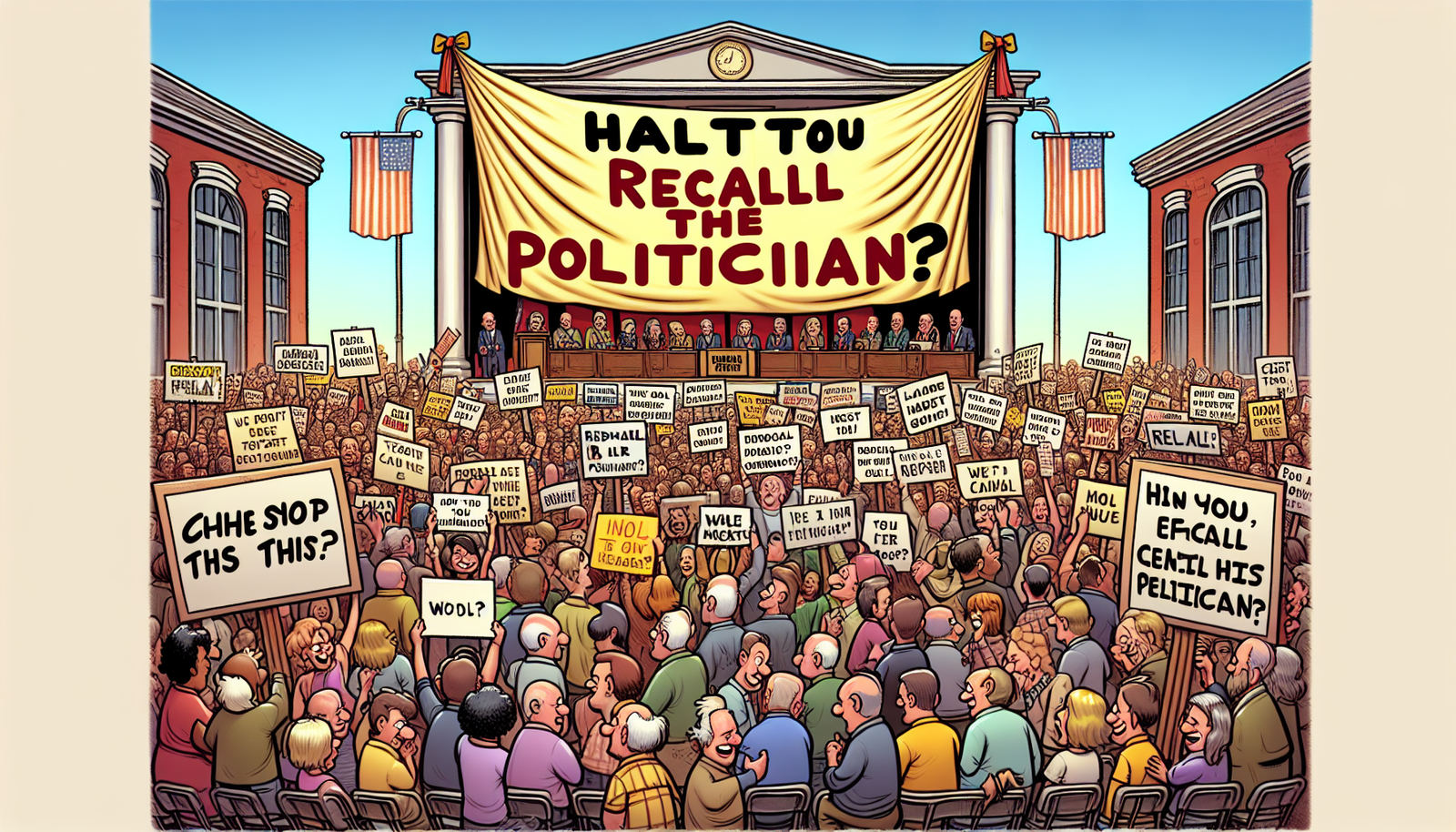
Recall Joe Biden?
In a striking commentary piece published by National Review on August 29, 2024, the authors reflect on the diminishing visibility and influence of President Joe Biden. Once a prominent figure making headlines through state dinners, debates, and nationwide visits, Biden now appears to be navigating a quieter path.
Visibility and Engagement
The article underscores a notable decrease in Biden’s public engagements. This decline starkly contrasts with the dynamic presence he maintained during his early presidency. Critics argue that his reclusive behavior has removed him from crucial political discourse and national conversations, raising concerns about his commitment to leadership.
Perceived Decline in Influence
National Review suggests that Biden’s invisibility is not merely a coincidence but a significant indicator of his waning influence and effectiveness. Several factors may contribute to this perception, including ongoing policy controversies, health concerns, and shifting political strategies. These elements appear to have culminated in a leadership style that many view as less assertive than his predecessors.
Critique of Biden’s Leadership
From the conservative vantage point, this critique extends to the broader implications of Biden’s policy decisions and governing approach. The argument posits that his administration’s challenges may correlate directly with his decreased public profile, suggesting that a disconnect exists between Biden’s policy ambitions and the realities faced by the American populace.
Political Implications
The political ramifications of Biden’s reduced visibility are also discussed in the piece. As the president navigates the landscape leading up to the 2024 elections, the authors argue that this decline could adversely affect both his party’s standing and public perception. Voter confidence and engagement may be tested, potentially reshaping the Democratic Party’s strategy moving forward.
Comparison and Contrast
Throughout the article, comparisons are drawn between Biden’s current standing and that of historical and contemporary leaders. The authors posit that this shift represents a significant departure from the active and impactful role that Biden once occupied. Such contrasts aim to highlight the evolving nature of his presidency and question his legacy as he approaches the end of his term.
Conclusion
In summation, the National Review’s commentary encapsulates a growing sentiment surrounding President Joe Biden’s leadership. While the future remains uncertain, the call to remember Biden serves as a poignant reminder of the complexities of political visibility and influence in modern governance.
